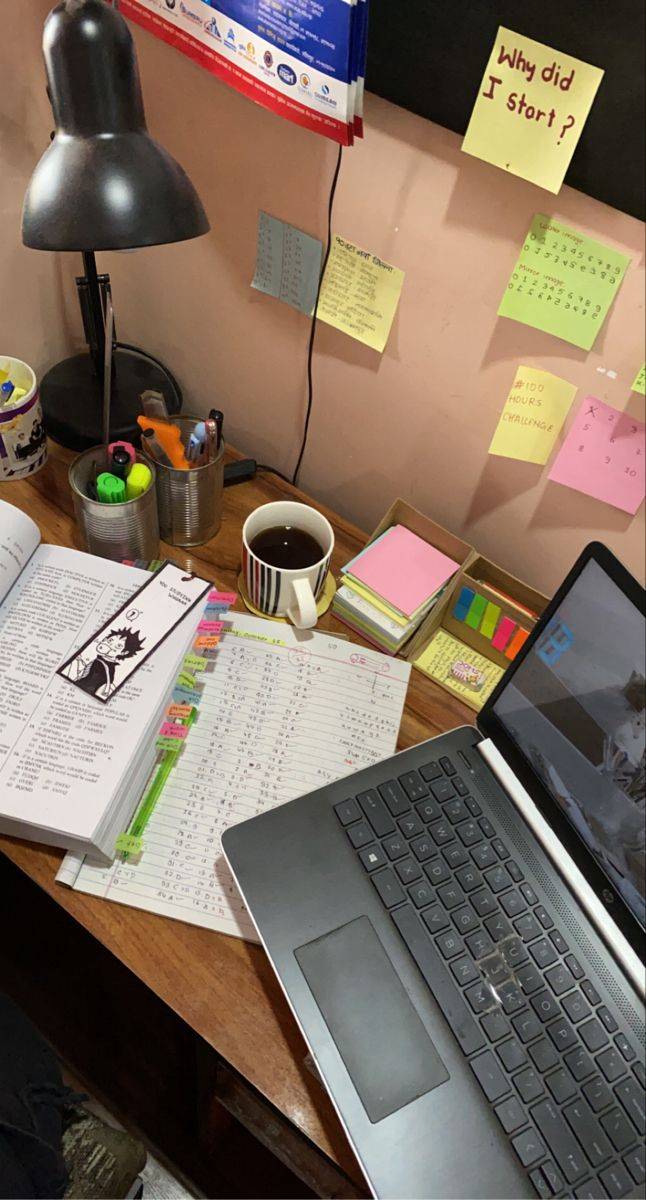The Best Time to Study: Maximizing Your Learning Efficiency
One of the most common questions students and professionals ask is, "When is the best time to study?" While the answer can vary from person to person, understanding how your body and mind function at different times of the day can help you identify your most productive study periods. Let’s dive into the science behind optimal study times and how to determine what works best for you.
1. Morning Study: Mental Freshness and Focus
Why study in the morning? The morning is often seen as an ideal time for studying because after a night’s rest, your brain is refreshed, alert, and ready to absorb new information. During this period, your mind is free from the distractions and fatigue that may build up as the day progresses.
Mental Clarity: After waking up, your brain has a higher level of cognitive function, which makes it easier to concentrate and process information.
Routine and Consistency: Studying in the morning often aligns well with a regular daily schedule. You can develop a routine that ensures consistency and discipline in your learning.
Daylight and Energy: Exposure to natural daylight helps regulate your circadian rhythm, which boosts mood, focus, and motivation.
Best for Complex Learning: Morning hours are ideal for learning new material, solving problems, and critical thinking activities.
Challenges of morning study: For some, mornings can be groggy, and it may take time to fully wake up. Additionally, early morning study sessions might not suit night owls who naturally feel more awake later in the day.
2. Afternoon Study: Balancing Alertness and Downtime
Why study in the afternoon? As the day progresses, your body’s energy fluctuates. While the afternoon might seem like a time of declining focus, it can still be an effective time to study if managed properly.
Post-Lunch Productivity: Many people experience a dip in energy levels after lunch, but it’s also a great time for reviewing material that you’ve already learned. This period can be used for tasks like note-taking, revisions, or group study.
Peak Problem-Solving Abilities: Research suggests that for many people, the brain’s problem-solving capabilities peak during the early afternoon. This makes it an excellent time for practice exams, case studies, or practical applications of what you’ve studied earlier.
Flexible Time: If you have commitments in the morning or evening, afternoons can provide a middle ground where you can fit in a solid study session.
Challenges of afternoon study: The post-lunch slump can be an issue, as many people feel tired after eating. If you find it hard to focus during this time, a quick walk or light exercise might help revitalize your mind and body.
3. Evening Study: Quiet and Reflection
Why study in the evening? For night owls or those with busy daytime schedules, evening hours can provide a peaceful environment conducive to learning. The evening is typically free from the hustle and bustle of daily life, offering uninterrupted time to focus.
Less Distraction: By evening, most activities and responsibilities wind down, allowing for a more concentrated and distraction-free environment.
Best for Creativity and Reflection: Evening study is great for reflective tasks such as reading, writing essays, or brainstorming ideas. This is because, for many people, creative thinking improves as the day goes on.
Review and Consolidation: Evening study sessions are ideal for revisiting material you’ve learned throughout the day, cementing it into long-term memory.
Challenges of evening study: Fatigue is the main obstacle when studying in the evening. After a long day, energy levels are typically lower, and you might find it harder to stay focused. It’s also important not to study too close to bedtime, as the stimulation could make it harder to fall asleep.
4. Night Study: Maximum Quiet and Personal Preference
Why study at night? For some people, the late-night hours are the most productive. Whether it’s due to personal preference or a hectic daily schedule, night-time study sessions offer complete solitude and zero interruptions.
Absolute Quiet: Late at night, the world is asleep, which can help foster intense focus. If you thrive in silence, this could be your golden hour.
Personal Rhythm: Many creative individuals or those with an unconventional body clock find that their mind is most active during late-night hours. If this resonates with you, don’t fight it — embrace it.
Challenges of night study: One major concern with night study is that it can disrupt your sleep pattern, which in turn affects memory retention and focus. Over time, studying late into the night may lead to burnout or decreased productivity during the day.
Finding Your Best Time to Study
The best time to study largely depends on individual preferences, lifestyle, and goals. Here are a few tips for finding your optimal study time:
1. Track Your Energy Levels: Pay attention to when you feel most awake and focused throughout the day. Use this time for your most demanding study tasks.
2. Experiment: Try studying at different times of the day and note when you feel the most productive. Adjust your schedule accordingly.
3. Consistency Matters: Once you find your ideal time, try to stick with a consistent study routine. This helps train your brain to expect study sessions at specific times, improving focus and retention.
Conclusion;
There is no universally perfect time to study. Whether you’re a morning person, a night owl, or somewhere in between, the key to effective learning is understanding your personal rhythm and aligning your study schedule with your most productive hours. With the right approach, you can maximize your focus, retention, and overall academic performance.


